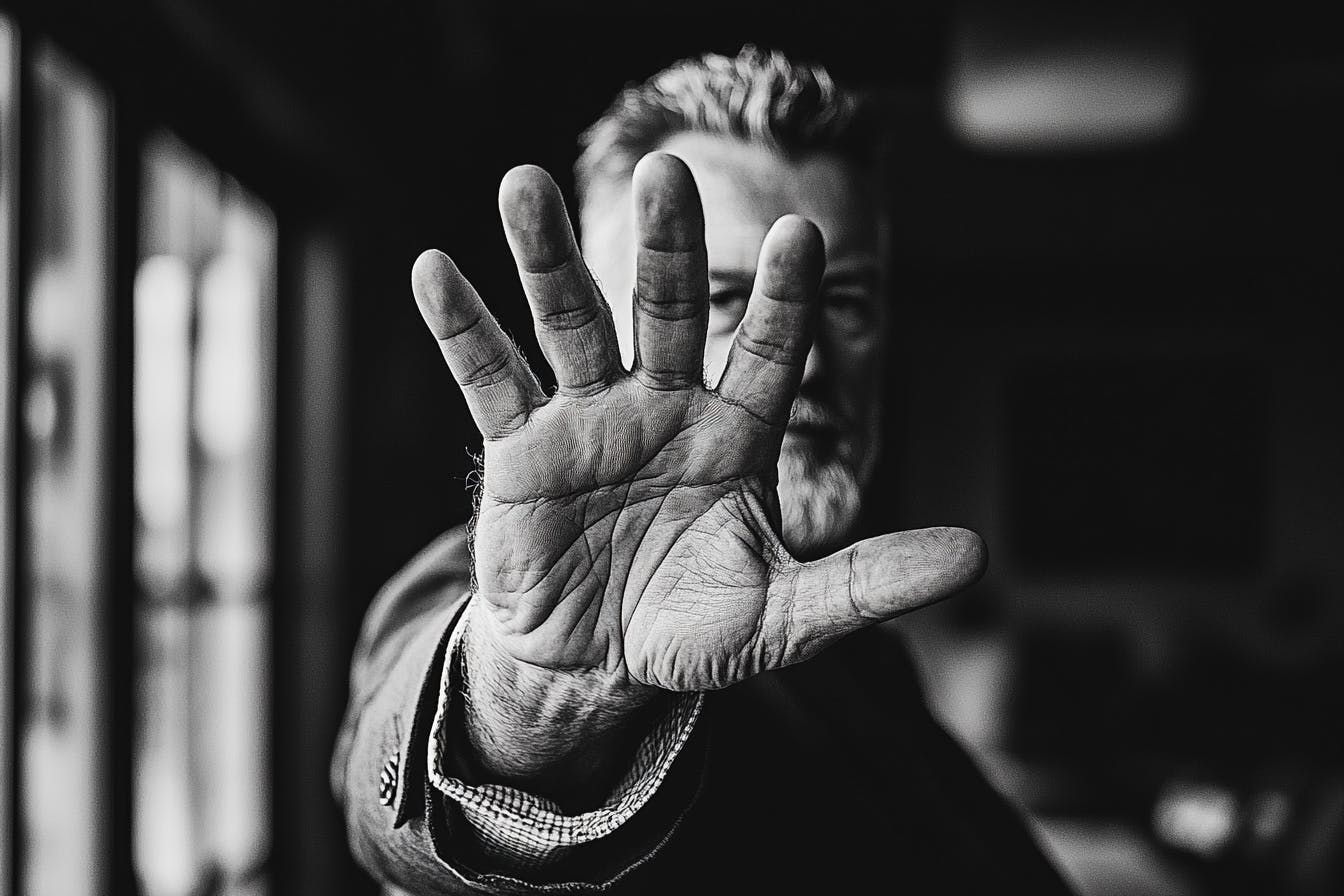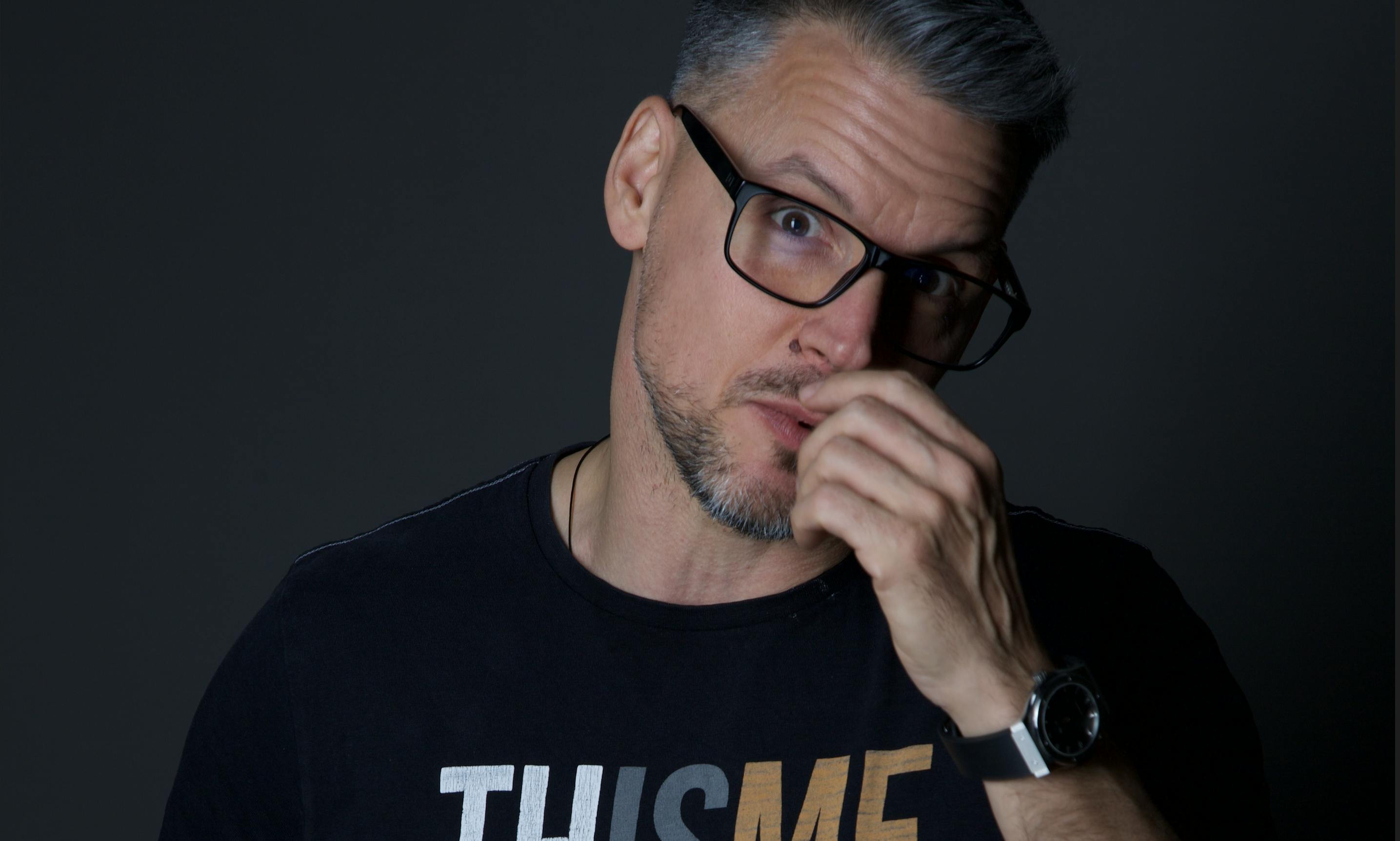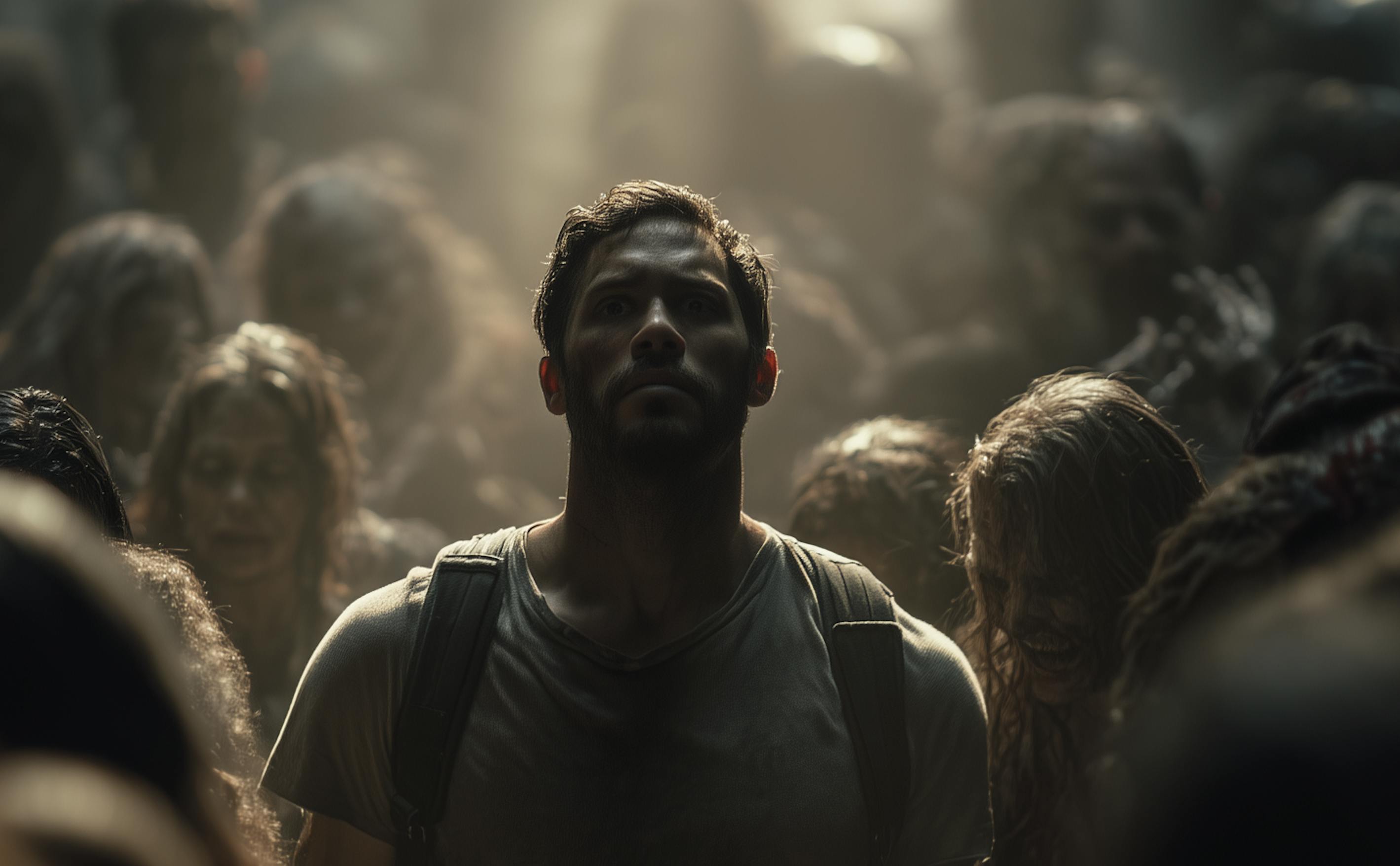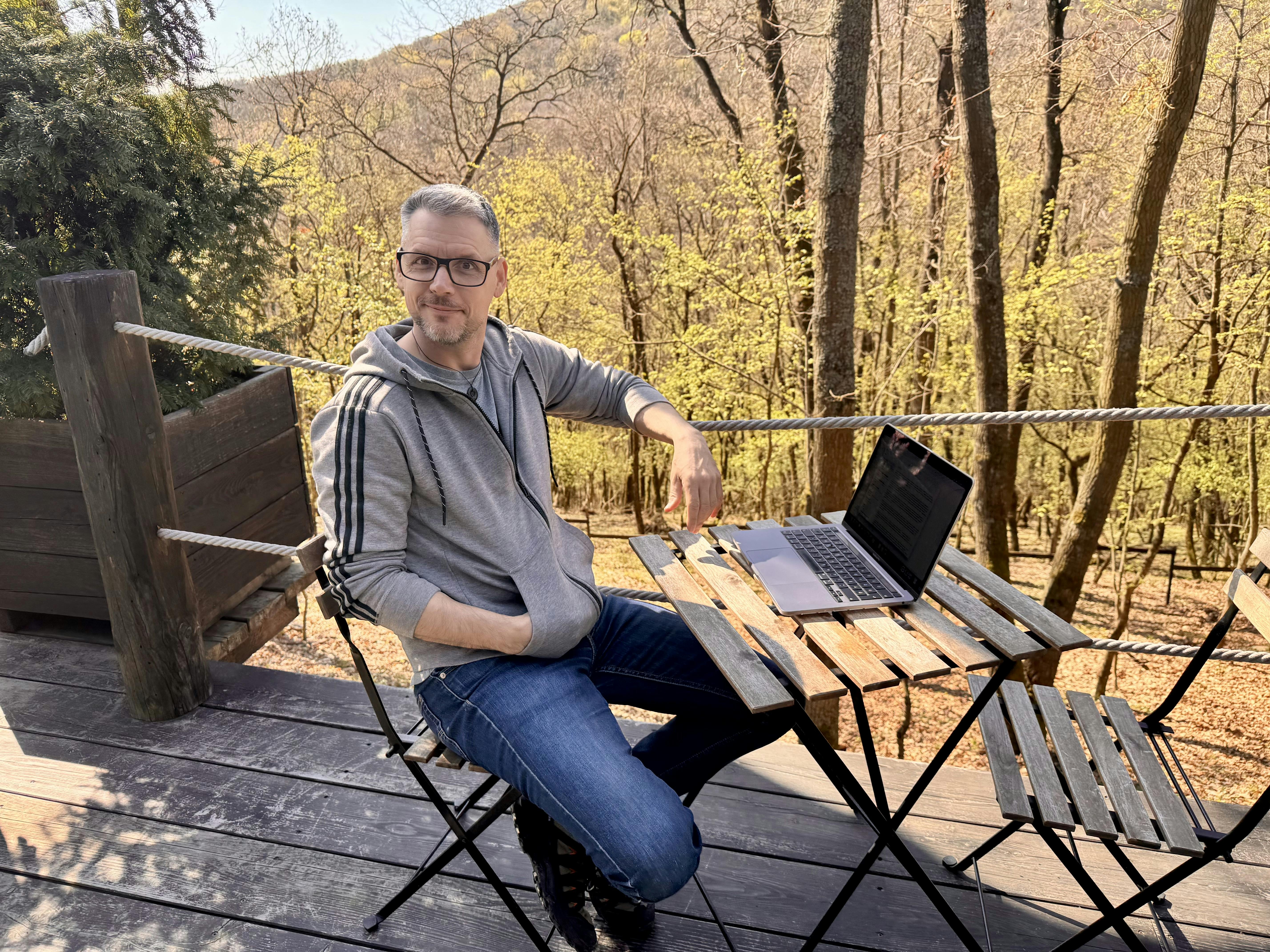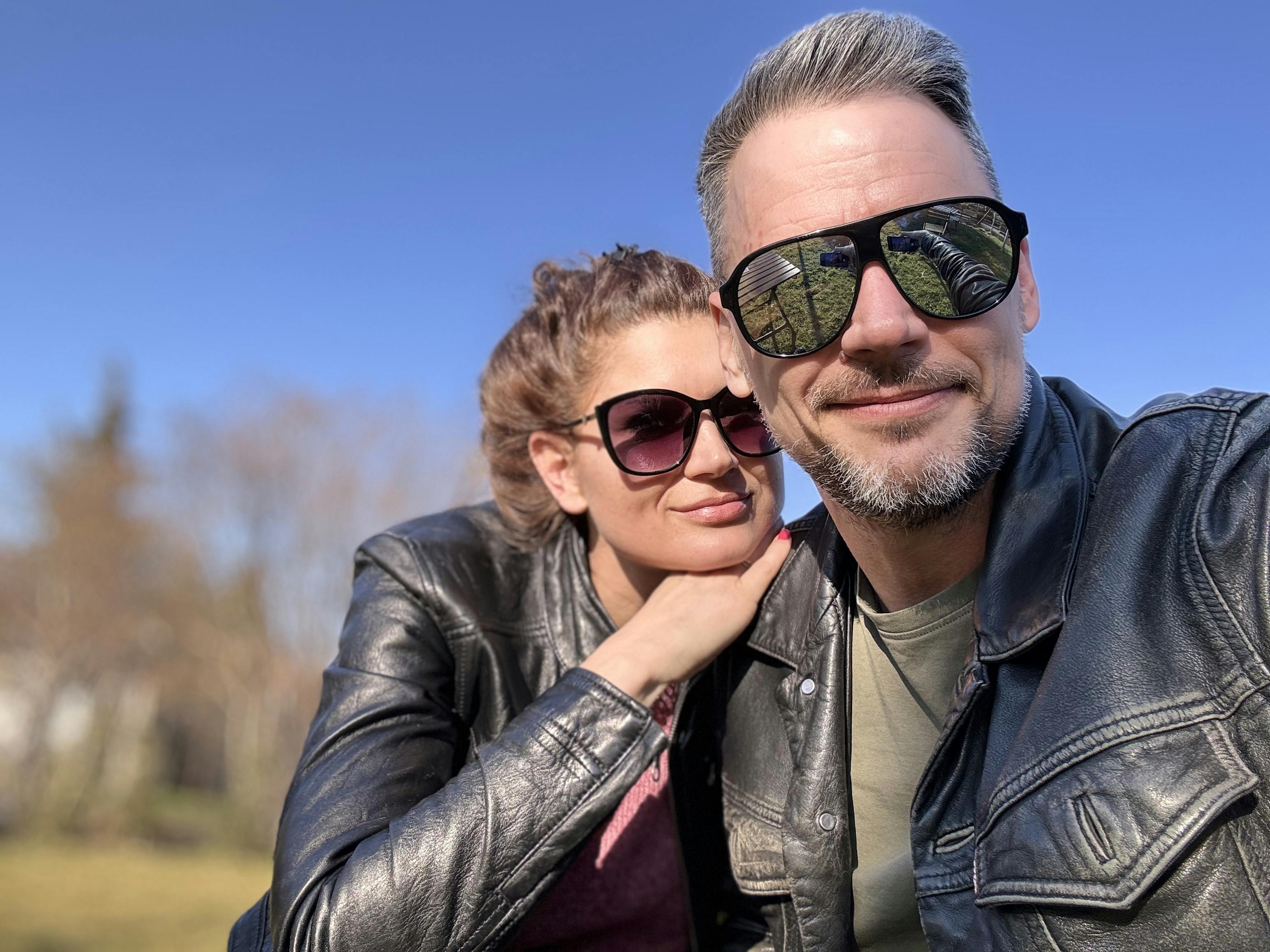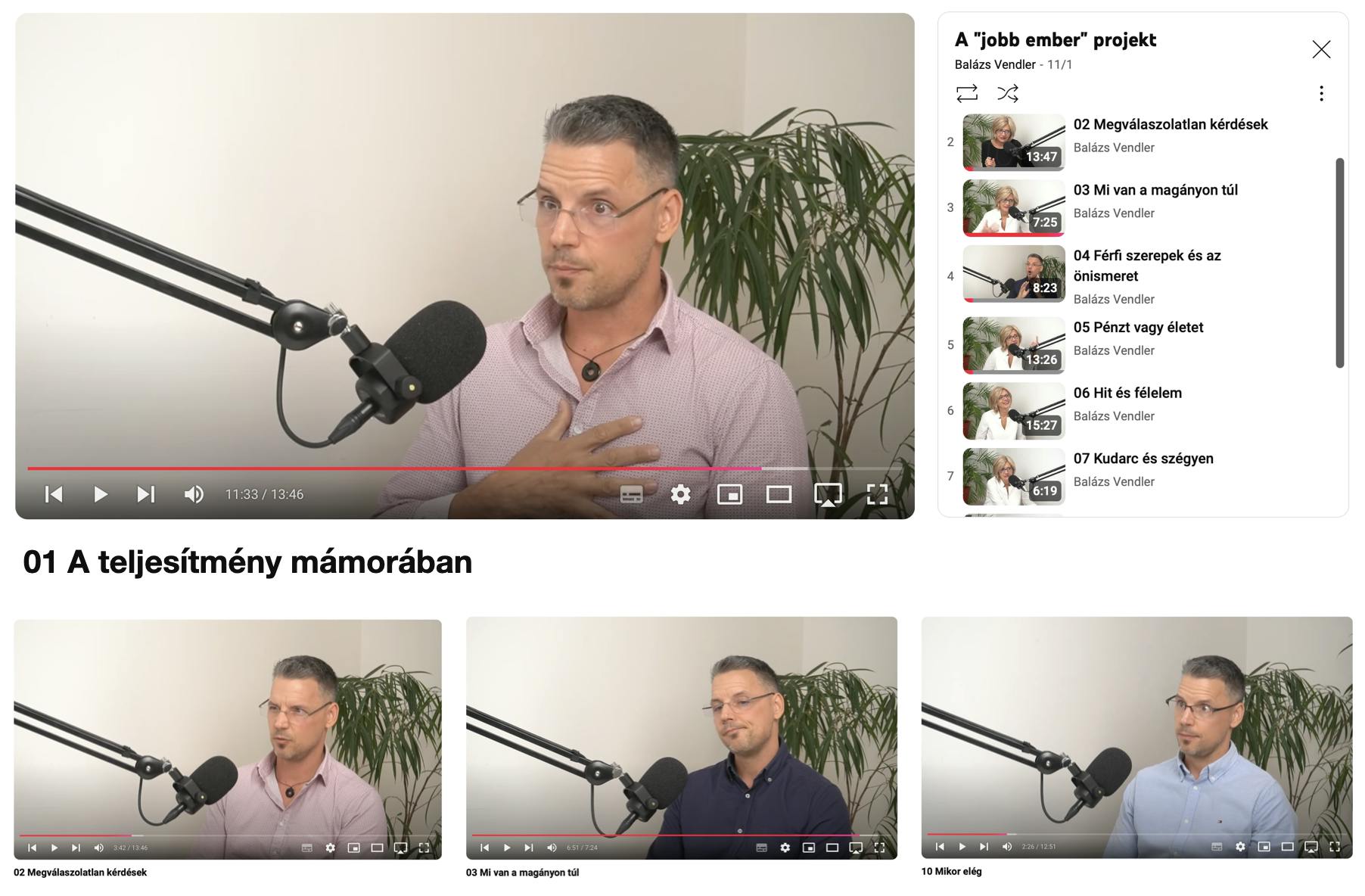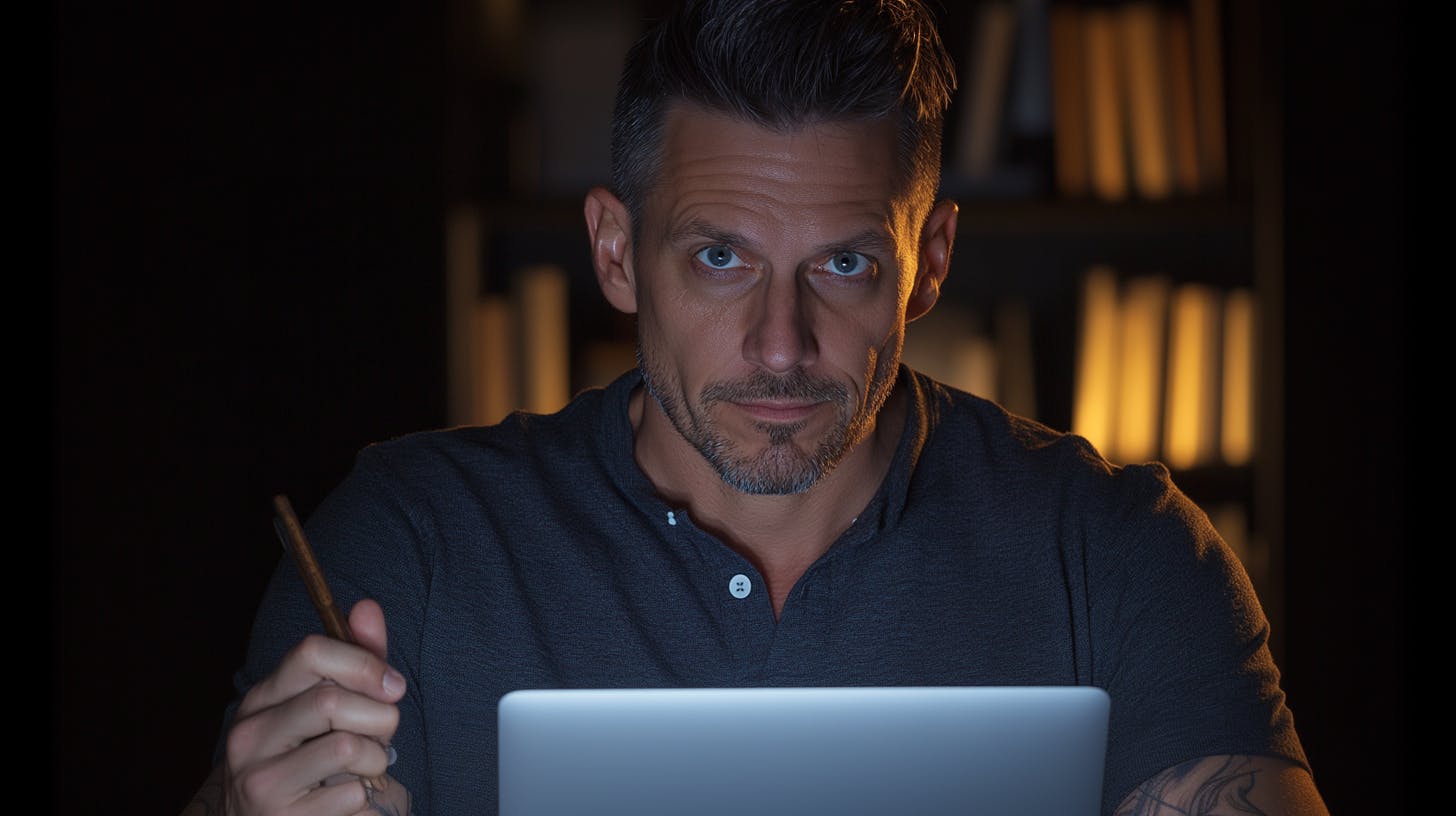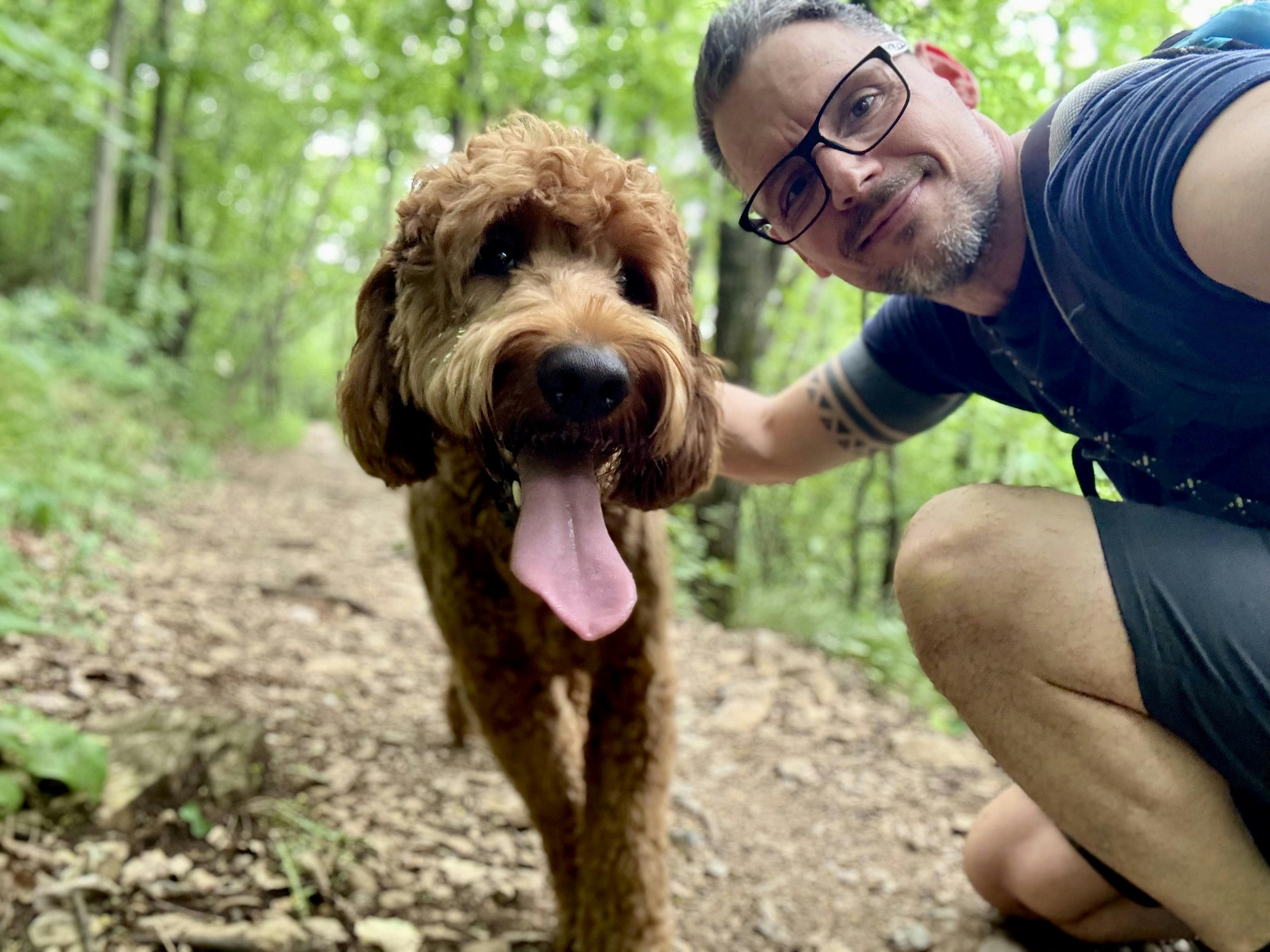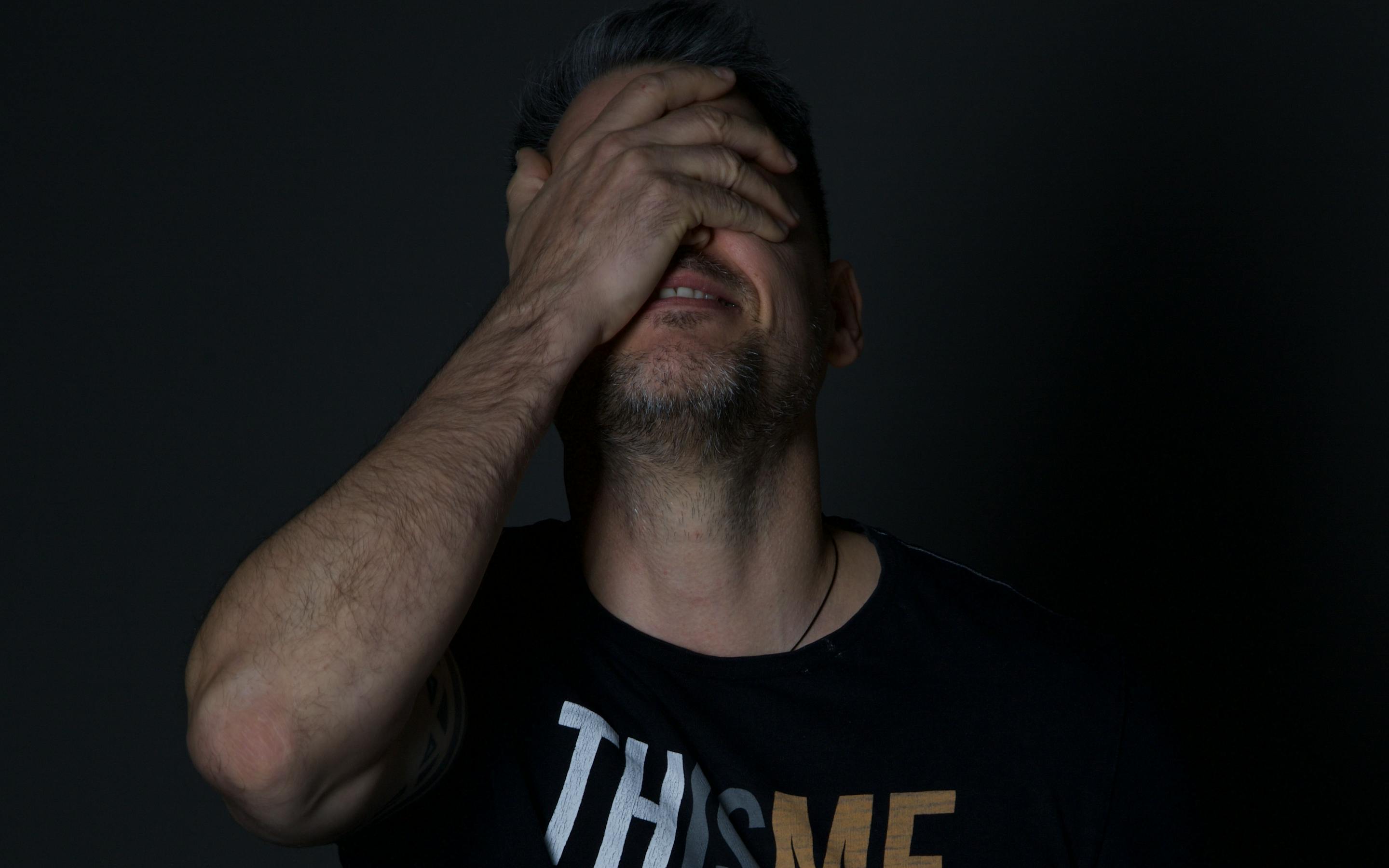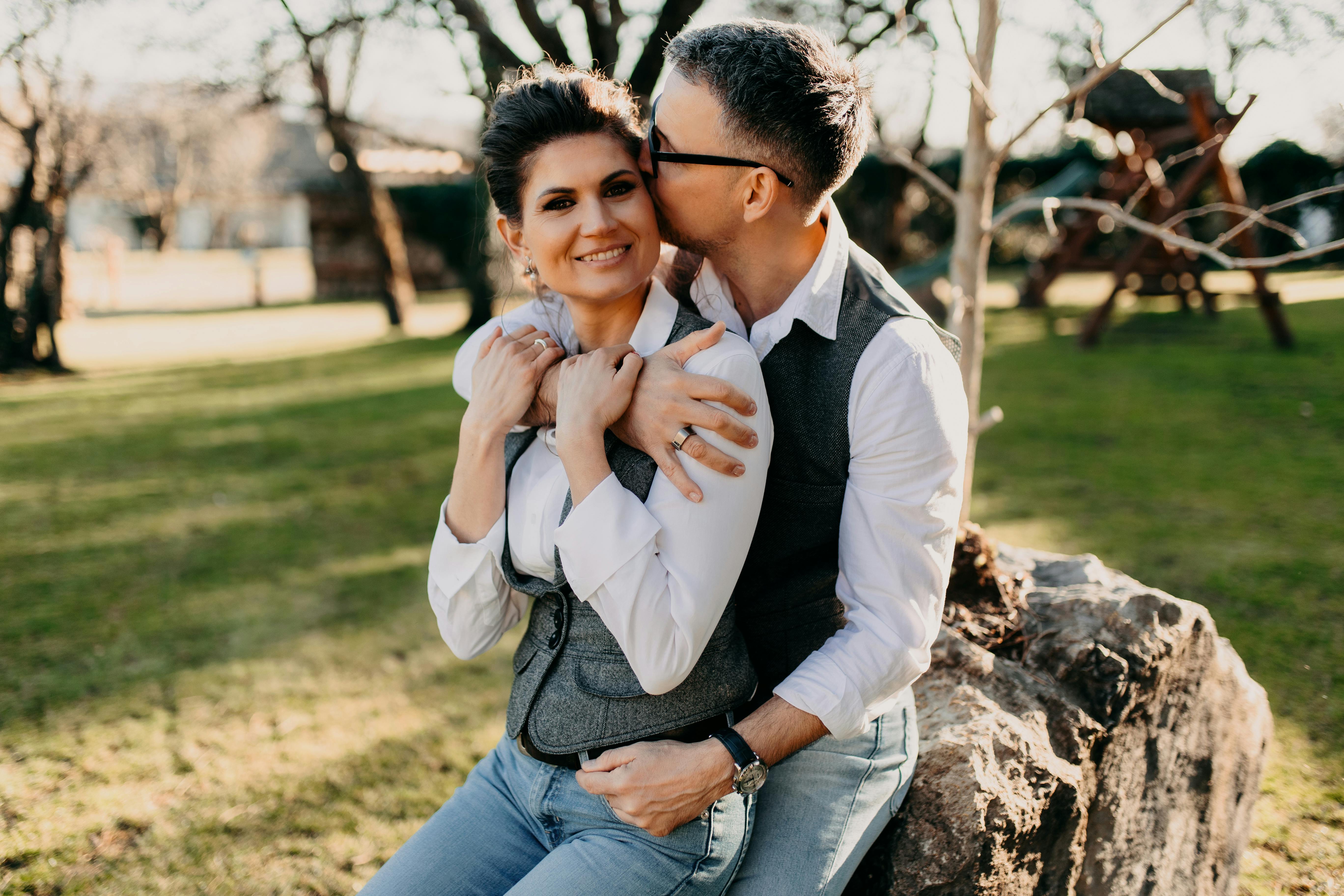
Newslessness
2024.12.04.
Perhaps it was about a year ago that I decided to stop reading the news, though I can’t say for sure. What is certain is that I no longer read or watch news, except on very rare occasions. And even when I do consume content related to current events, it’s usually podcasts where topics are explored in depth, offering more detailed perspectives.
In the beginning, I wrestled with the fear of “becoming ignorant,” of losing touch with reality, of shirking my duty as an informed, responsible citizen. Surely, it’s my obligation as an adult to stay up-to-date. Reading the news is essential, isn’t it? If I don’t, how will I know what’s happening in the world? But is that true? Do I really understand what’s happening globally just by consuming news? Is it necessary for me to concern myself with the lives and events of people and places that have no real impact on my own life? And are they truly unrelated? After all, today, we can follow any country’s affairs in real-time, and with interconnected supply chains and mutual dependencies, a factory shutdown in Asia can cause economic downturns in the heart of Europe.
There’s an intriguing book on this topic featured on the Bridge Budapest Booklist—“Stop Reading the News!” by Rolf Dobelli.
The author urges readers, including me, to abandon news consumption altogether, arguing that not only is it unnecessary, but it’s also harmful. He presents numerous reasons why avoiding the news might lead to a happier and more productive life.
One of Dobelli’s main critiques is the superficiality of news. It rarely provides a deeper understanding of the world. News offers brief, oversimplified snippets of information that fail to illuminate larger contexts. Part of this simplification stems from the evolution of our media consumption habits. How did a newspaper kiosk look 10 or 20 years ago? It was filled with daily papers and lots of text. Today, if we buy anything at all, it’s likely a magazine with large photos and minimal text.
Even my own writings have received feedback that, while good, they’re too long and should be much shorter. Sure, the essence of a topic can be summarized in one sentence, but the experience and interpretation of that one sentence rely entirely on the reader.
And then there’s the manipulation and distortion by the media. News outlets, backed by economic and political interests, often manipulate narratives and create sensational headlines to maximize clicks, stirring emotional responses in as many people as possible. Details aren’t necessary—who has the time for them? All it takes is a strong emotional jolt, and a brief news piece begins its work within the consumer.
Let’s be honest, this manipulation works, and its negative effects are evident. The majority of news, as I’ve experienced and observed in everyday conversations, focuses on negative topics, triggering stress, anxiety, and pessimism in us. How we process this depends on our circumstances, mindset, and level of rationality. One thing seems certain: this has a detrimental effect on our mental health and overall well-being.
Why? Because these are problems that often seem insurmountable. It’s hard to imagine how we, as ordinary people, could do anything about them. What could we possibly do? Nothing—and this breeds a sense of helplessness. Who can address these issues? The "big players"! Our leaders, politicians—they have the resources and power. It’s their responsibility, so we don’t have to do anything.
Or, if we don’t want to remain passive, there’s one thing we can do: ensure those we trust are in power. That’s something we can fight for. But we don’t really have information, only small doses of it, and what we truly have are feelings. So, we must believe it will all turn out well.
And if something is good, where is it good? Right where we are. I want things to be good where I live, for the people I live with, for those I share my life with. What’s frightening is that while we focus on distant, intangible matters, we neglect what’s right in front of us—the things we could actually influence.
We waste so much valuable time this way. The increasingly expansive world we live in generates more and more news. The internet is bottomless. Reading and following the news consumes vast amounts of time—time that could be spent on more valuable activities like learning, working, or spending time with family and friends.
Or reading a book. Whether it’s a professional guide, a novel, or a deep, philosophical work, each offers something, each enriches us, and each makes us feel a little better.
Of course, news is important—it’s part of life to know what’s happening around us. But perhaps if we could step back from the overwhelming torrent of global events and return to where we actually are, we could connect better with one another. In this connectedness, we might more easily find our peace and the belief that no matter what happens in the world, together, by helping one another, we can endure it.
--
The article was translated from Hungarian to English by ChatGPT. Thank you, ChatGPT, for being here.
